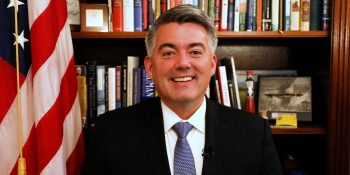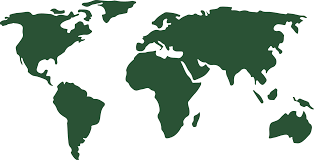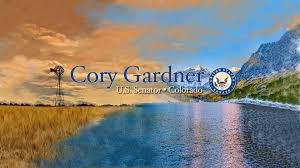Washington, D.C. – Today U.S. Senator Cory Gardner (R-CO) released the following statement regarding his decision to self-quarantine after contact with a Colorado constituent who was visiting Washington, D.C. and later tested positive for coronavirus.
“I was alerted today by the Tri-County Health Department that a Coloradan who visited my Washington office for a constituent meeting has tested positive for coronavirus. While I am not showing any symptoms at this time, I have made the decision to self-quarantine out of an abundance of caution with an effective date of March 11th at the recommendation of the Tri-County Health Department. The health and safety of Coloradans and Americans across the nation is my top priority, and I will continue working to make sure Congress provides the resources needed to help combat the spread of COVID-19,” said Senator Gardner.
Senator Gardner is taking action to protect Coloradans from the COVID-19 outbreak:
- On March 17, Gardner requested that the Federal Emergency Management Agency provide clear guidelines to state and local governments on the options available to them under the national emergency declaration.
- On March 17, Gardner also called for additional provisions known as the American Workforce Act to support American workers and boost the economy to be included in the economic stimulus package being considered by the Senate in response to the COVID-19 outbreak.
- On March 16, Gardner urged the Department of Veterans Affairs to take every precaution to ensure veterans receive quality medical care during the COVID-19 outbreak.
- Congress approved $8.3 billion for the United States to prepare for and respond to the COVID-19 outbreak on March 5, with Gardner’s support.
- At Gardner’s urging, the United States Trade Representative (USTR) Ambassador Robert Lighthizer removed tariffs on certain medical products that are necessary for the U.S. to prepare for the COVID-19 outbreak.
- On March 4, Gardner pressed Senate witnesses about the United States’ preparedness for the COVID-19 outbreak at a hearing held by the Senate Commerce Subcommittee on Aviation and Space’s hearing titled “From SARS to Coronavirus: Examining the Role of Global Aviation in Containing the Spread of Infectious Disease.”
- Gardner and the entire Colorado congressional delegation sent a letter to the Centers for Disease Control and Prevention and the Department of Health and Human Services, Office of Wellness and Response on March 4 in support of the State of Colorado’s grant request to ensure preparedness for the novel coronavirus outbreak.
- On February 28, Gardner wrote to United States Trade Representative (USTR) Ambassador Robert Lighthizer requesting USTR remove section 301 import tariffs on medical products that are necessary for the U.S. to prepare for the ongoing coronavirus outbreak.
- On February 27, Gardner wrote to Centers for Disease Control and Prevention Director Dr. Robert Redfield, Secretary of State Mike Pompeo, and Federal Aviation Administrator Steve Dickson requesting information regarding the United States’ domestic and international screening and prevention practices for the coronavirus with regard to countries with a growing number of hotspots.
- On February 6, Gardner wrote to Senate Appropriations leaders requesting that they work with the Department of Health and Human Services to ensure robust funding for the outbreak response.
- On January 31, Gardner wrote to World Health Organization (WHO) Director-General Tedros concerning Taiwan’s exclusion from the WHO and WHO-sponsored emergency briefings regarding the coronavirus.
- Also on January 31, Gardner wrote to Department of Health and Human Services Secretary Azar requesting that the novel coronavirus taskforce coordinate with medical supply manufacturers to ensure that the U.S. has a medical supply strategy in place to address possible shortages in light of potential further spread of the virus.
- In January after the first reports of the coronavirus were confirmed in the U.S., Gardner contacted the CDC to inquire about steps that they plan to take to contain the outbreak and work with other domestic and international agencies to develop screening practices and treatments.
- Gardner also contacted the State Department with concerns about the coronavirus and its implication for global health, and China’s handling of the outbreak.
- At Gardner’s urging on January 24, the U.S. Senate Committees on Foreign Relations and Health, Education, Labor, and Pensions held a briefing from top U.S. officials regarding the coronavirus.
SPREAD THE NEWS
COMMENT, Like, Follow & SHARE @I70Scout
CURRENT EDITION
WEATHER & TRAFFIC PUZZLES RECENT NEWS ADVERTISE WITH US


